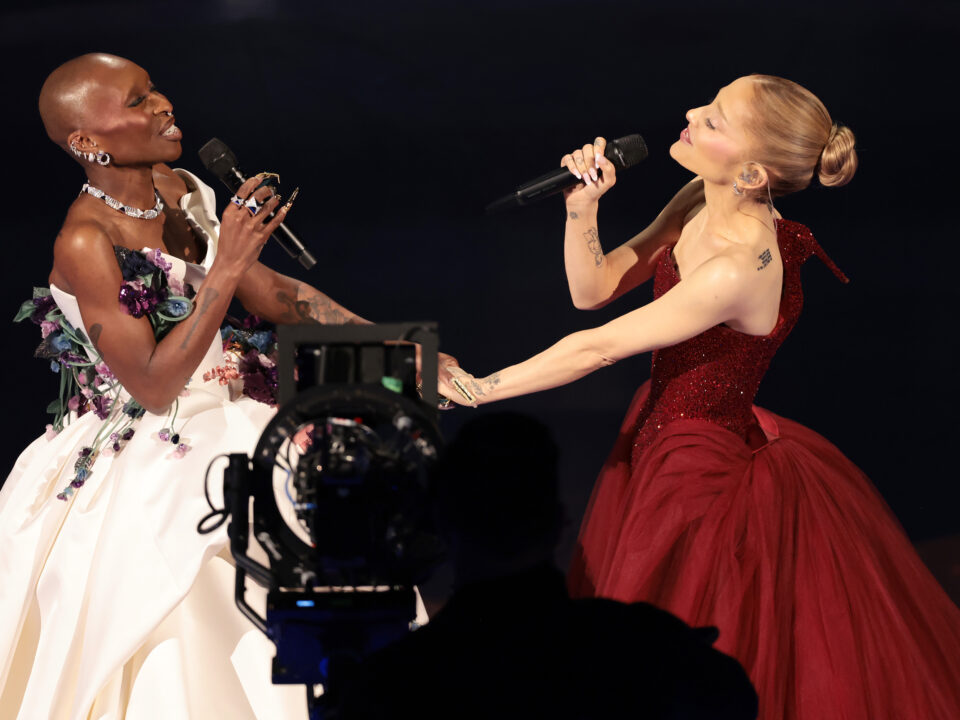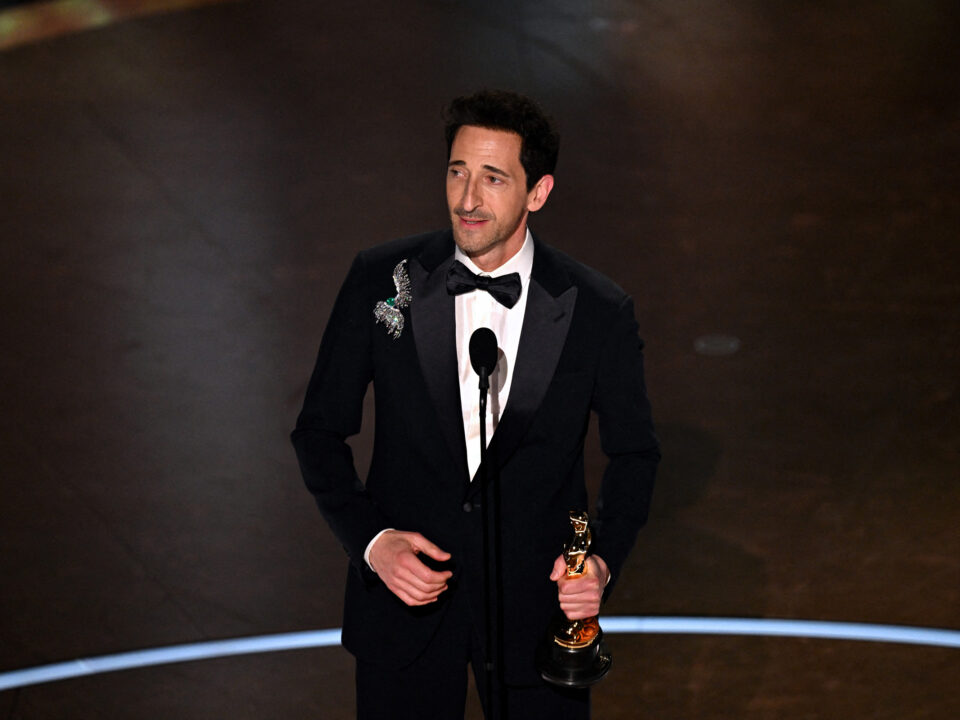“Look Back”: A Love Letter to the Medium of Manga


Photo by Andrew Kreye
“Look Back” is an animated film based on the one-shot manga of the same name by mangaka (writer and illustrator) Tatsuki Fujimoto. It was released in theaters worldwide in the first weekend of October with very limited showings for that weekend only, and I had the privilege of watching it. The movie was short and sweet, coming in at around an hour followed by a fifteen-or-so-minute interview with director Kiyotaka Oshiyama and the main voice cast.
Going in, I previously read two of Fujimoto’s manga series “Fire Punch” and the worldwide hit “Chainsaw Man”, both of which are zany stories with elements of romance, horror, violence, and tons of pop culture references sprinkled in. These aspects of his writing shaped my expectations.
These expectations were violated, however, as “Look Back” is a grounded drama without any supernatural Shonen elements or the usual adult content. The plot is extremely simple; it follows two girls who make manga together. The story follows them as they grow, becoming successful artists with a best-selling manga.
“Look Back,” asks the question “Why do we draw?”, exploring the concepts of purpose, friendship, and passion. Through the main characters’ motivations and conflicts, we see a deeply moving perspective on the creation of manga. The film comes across to me as a love letter to the medium of manga; a character-driven narrative on how Fujimoto sees the importance of his work in his life and how it so strongly impacts his connections with others.
The story is animated beautifully with captivating art direction, accurately translating Fujimoto’s sketchy but expressive drawings to the big screen. There is an obvious omission of dialogue and major plot points you would typically expect in a movie. Instead, it takes its time showing you how the characters feel or develop through tear-jerking montages or drawn-out shots of the characters completing mundane activities.
Although the vast majority of the film’s audience is and will be anime fans and those familiar with Fujimoto’s work, I would definitely recommend this movie to anyone with any interest in animation or feel-good dramas. The innocence of the film combined with its sincere meaning make it a good option for all ages. Some may find flaws in its slow pace and abrupt ending for its short runtime, but it is still without a doubt a must-watch when it inevitably hits streaming platforms in the coming months.


